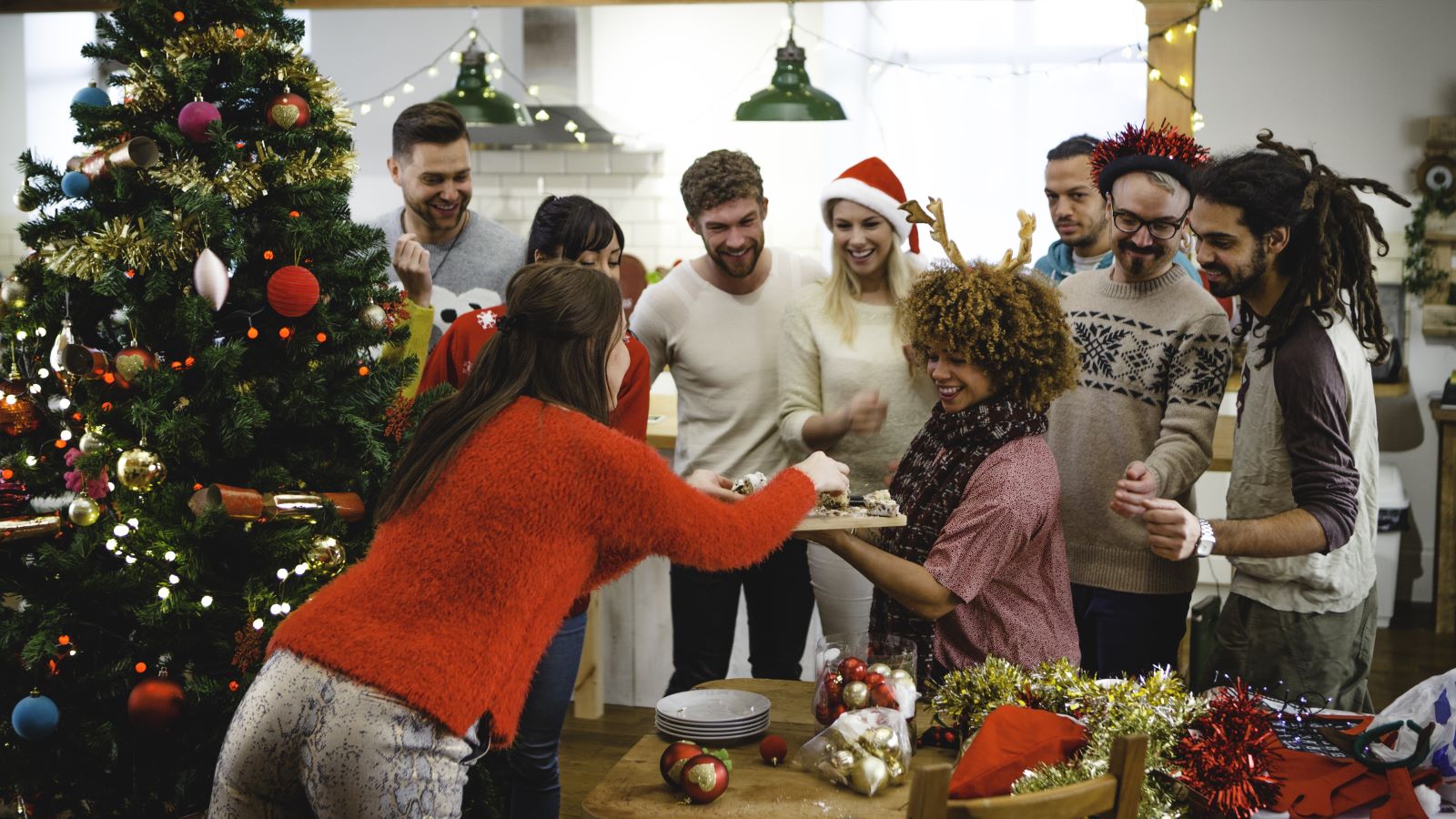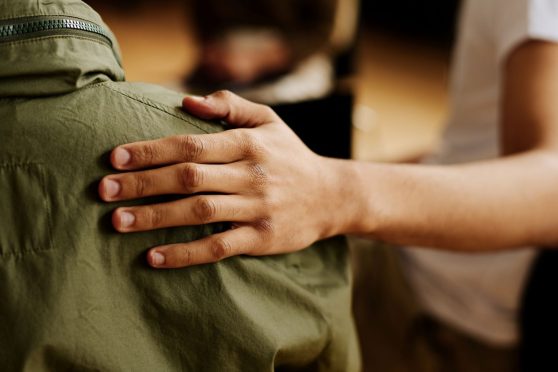Whether you’re completely sober or just cutting back on your drinking, the holidays can be a challenging time. But there’s no need to avoid the holiday celebrations, says Martin Bloch, MD, medical director of The Ridge Recovery Center, part of the Hartford HealthCare Behavioral Health Network.
The secret to success? Be prepared.
“Mike Tyson famously said, ‘Everybody has a plan until they get punched in the mouth,’” Dr. Bloch starts. “During the holidays, people have plenty of opportunities to slip up. The most successful in avoiding are those with multi-layered plans, not just a single response.”
Here’s what Dr. Bloch advises you do to stay sober during the holidays.
Explore personalized addiction treatment
1. Plan versus avoid.
Rather than skipping holiday events altogether, Dr. Bloch suggests creating strategies to avoid temptation – and those who might push a drink into your hand.
“Equally important is having sober supports help rehearse different plans so you’ll know what to say in certain situations and have several ways of saying no,” he says.
Recovery, he adds, is a process. As you build self-awareness and experience, you’ll learn if your expectations – both of yourself and others – are realistic or need adjustment.
“Fortunately, nowadays it’s more socially acceptable not to drink,” Dr. Bloch says.
2. Identify holiday triggers.
The holiday season can be filled with joy – but it’s also filled with unique stressors that make sobriety difficult to maintain.
“It is a real phenomenon,” says Dr. Block.
Some key triggers include:
- Celebration habits: Many associate the holidays with drinking or using substances to celebrate.
- Family dynamics: Not all families are supportive of sobriety, and old tensions can resurface.
- Social isolation: For those without a strong support network, the holidays can heighten feelings of loneliness.
> Related: 5 Steps for a Successful Dry January
3. Be prepared for challenging situations.
Success recovery hinges on recognizing and avoiding the people, situations and things that lead you to use substances. If you do encounter triggers, don’t panic.
“Watch how the body and mind react when you feel the impulse to use,” Dr. Bloch advises. “Notice that the impulse isn’t permanent and you do have some degree of choice and freedom.”
Consider these steps if put in a situation:
- Pause. Acknowledge your feelings without judgment.
- Reach out. Call a friend in recovery for support.
- Avoid dangerous situations. Sometimes, skipping events or avoiding certain people is necessary to protect your sobriety.
4. Ready some go-to responses.
Dr. Bloch recommends having a few go-to responses ready for anyone who questions why you’re not drinking:
- Shut it down. Say you’re the designated driver or watching your carbs.
- Change the subject. Ask about holiday travel plans or their kid’s activities.
- Move on. Wish them a happy holiday and shift to another colleague or find the bathroom.
- Be courageous. Share that you’re working on your sobriety. Your honesty might inspire a meaningful conversation.
“Challenging situations will happen, but sobriety is always the better choice,” he says. “This may involve learning to live with and through personal and interpersonal discomfort.”



